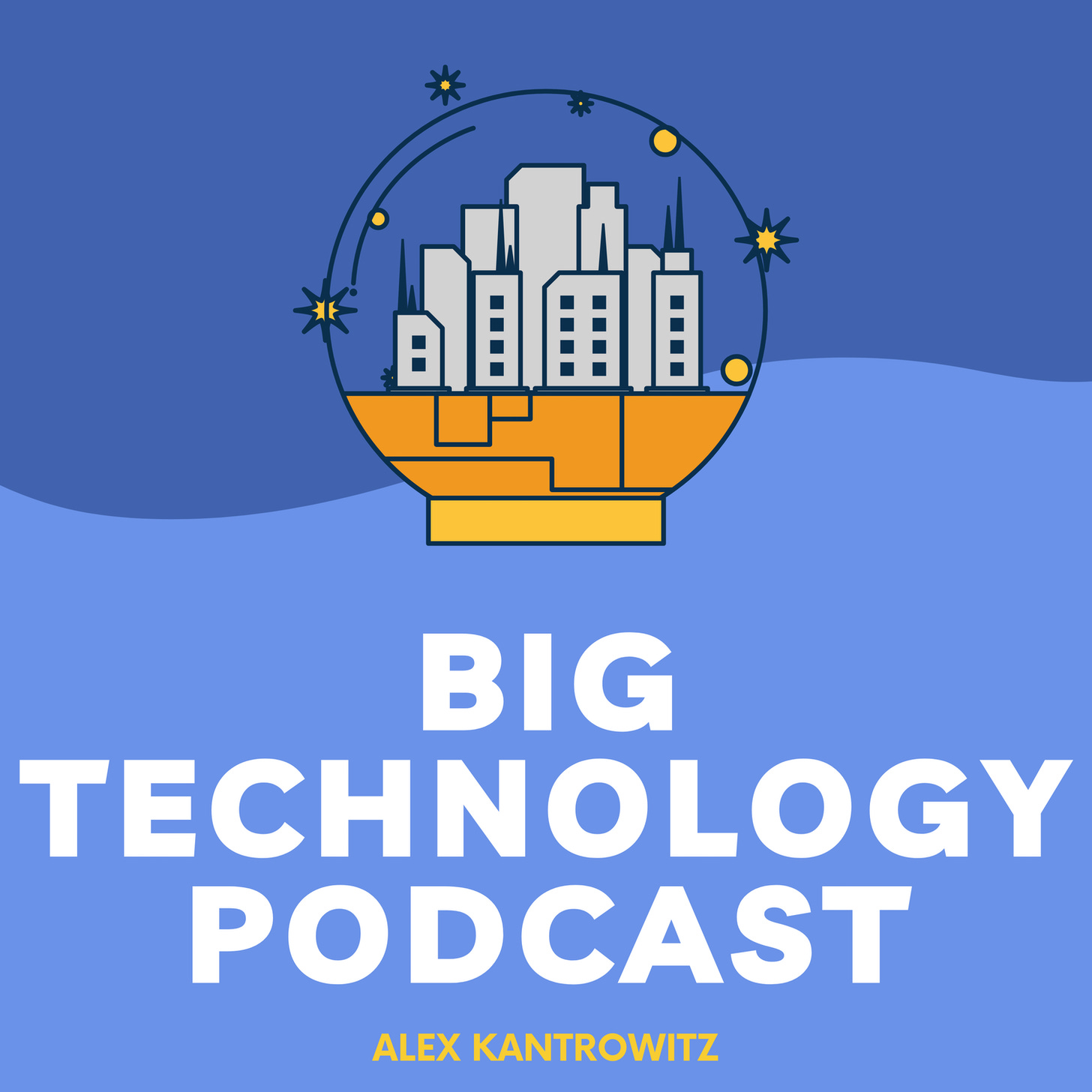|
Why Google Missed ChatGPT
The tech giant believes the future of search is conversational. How did it let OpenAI’s ChatGPT take the lead?
Google’s had an awkward week. After years of preaching that conversational search was its future, it’s stood by as the world discovered ChatGPT.
The powerful chatbot from OpenAI takes queries — some meant for the search bar — and answers with astonishing conversational replies. It’s shared recipes, reviewed code, and argued politics so adeptly that screenshots of its answers now fill social media. This was the future Google promised. But not with someone else fulfilling it.
How Google missed this moment is not a simple matter of a blind spot. It’s a case of an incumbent being so careful about its business, reputation, and customer relationships that it refused to release similar, more powerful tech. And it’s far from the end of the story.
“Google thinks a lot about how something can damage its reputation,” said Gaurav Nemade, an ex-Google product manager who was first to helm its LaMDA chatbot. “They lean on the side of conservatism.”
Google’s LaMDA — made famous when engineer Blake Lemoine called it sentient — is a more capable bot than ChatGPT, yet the company’s been hesitant to make it public. For Google, the problem with chatbots is they’re wrong a lot, yet present their answers with undeserved confidence. Leading people astray — with assuredness — is less than ideal for a company built on helping you find the right answers. So LaMDA remains in research mode.
Even if chatbots were to fix their accuracy issues, Google would still have a business model problem to contend with. The company makes money when people click ads next to search results, and it’s awkward to fit ads into conversational replies. Imagine receiving a response and then immediately getting pitched to go somewhere else — it feels slimy, and unhelpful. Google thus has little incentive to move us beyond traditional search, at least not in a paradigm-shifting way, until it figures out how to make the money aspect work. In the meantime, it’ll stick with the less impressive Google Assistant.
“There’s a reason why Clayton Christensen wrote The Innovator’s Dilemma. It’s a real dilemma,” said Box CEO Aaron Levie on Big Technology Podcast this week. “Google doesn’t inherently want you, at an inherent level, to just get the answer to every problem. Because that might reduce the need to go click around the web, which would then reduce the need for us to go to Google.”
But Google’s reasons to keep LaMDA private fade a bit with a competitor emerging. A sophisticated, public chatbot like ChatGPT makes waiting for the perfect business model risky. Delay long enough, and you could cede the market. ChatGPT will also take criticism as it gains adoption, sustaining hits that otherwise would’ve been Google’s. And ChatGPT’s shortcomings will teach people to view its certainly with skepticism, clearing the way for a risk-averse Google to release its own version.
For now, ChatGPT’s threat to Google remains somewhat limited. The bot doesn’t access the internet, knows nothing beyond 2021 (or at least, it says so), and has no ads. So while it may take some traditional queries away from Google, it won’t push the $1.2 trillion company to the brink. At least as presently constituted.
But things could change in a hurry. Should OpenAI connect ChatGPT to the internet, it could push Google to bring its own product to market, and its vision for the future along with it. And once Google gets involved, those who’ve seen its chatbot technology expect it to win.
“If ChatGPT or some other product ever became a real threat,” said Lemoine, “they'd just bite the bullet and release LaMDA, which would smoke ChatGPT.”
Advertise With Big Technology
Advertising with Big Technology gets your product, service, or cause in front of the tech world’s top decision-makers. To reach 105,000+ plugged-in tech insiders, or to learn more, please reply to this email.
What Else I’m Reading
Salesforce politics are getting messy. FTC wants to block Microsoft’s Activision acquisition. Pentagon is doing big business with big tech. Coinbase will make 50% less money this year. Federal prosecutors are investigating Sam Bankman Fried. Foxconn helped end China’s Zero Covid policy. Droughts might mean that the lawn is toast. Iran executed demonstrator Mohsen Shekari. Arkansas city elected an 18-year-old mayor. A man fell off a cruise ship, swam for 20 hours in shark-filled waters, and lived to tell the tale.
Number Of The Week
$400 billion
Total value the European tech industry has lost in 2022
Quote Of The Week
“Twitter is in crisis and Meta needs its mojo back. LET’S GO FOR THEIR BREAD AND BUTTER.”
Meta employee in a company brainstorm on building the next Twitter
Some Fun Appearances
I spoke with Slate’s What’s Next TBD podcast about ChatGPT. I also joined CNBC to discuss Disney+’s new ad product and the state of tech layoffs.
This Week On Big Technology Podcast: How ChatGPT Changes Tech + The End of Remote Work? — With Aaron Levie
Aaron Levie is the CEO of Box. He joins Big Technology Podcast to weigh in on all the big tech headlines: ChatGPT's emergence, Elon Musk's handling of Twitter, the future of Web3 following FTX, and the shakeup at Salesforce. Stay tuned for the second half where we discuss whether the worker empowerment movement is over and what that means for the future of remote work.
You can listen on Apple, Spotify, or wherever you get your podcasts.
Thanks again for reading. Please share Big Technology if you like it! And keep hitting that like button, at least until AI can do it for you!
Questions? Email me by responding to this email, or by writing alex.kantrowitz@gmail.com
News tips? Find me on Signal at 516-695-8680


